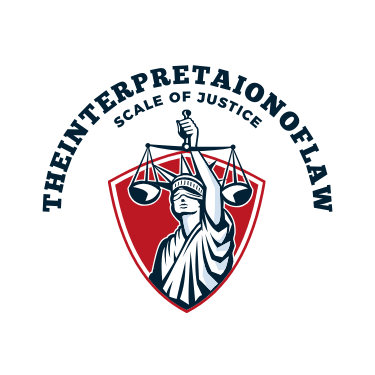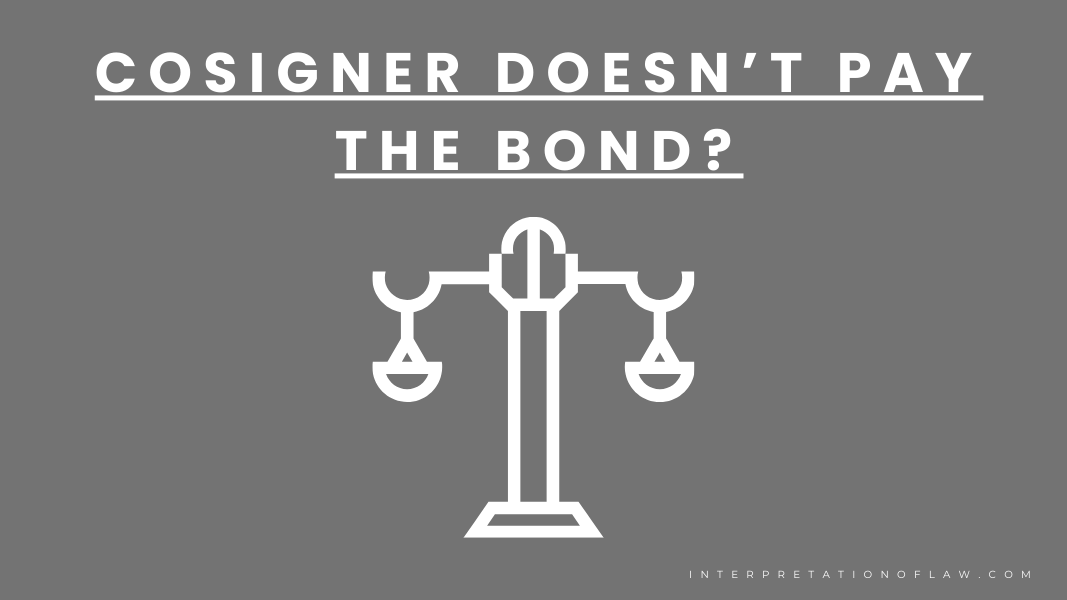When someone takes on the role of a cosigner for a bond, they step into a position of significant financial responsibility. This act is a sign of trust and a legal commitment that can have serious implications if not fully understood or followed through.
The bond in question could range from a bail bond to secure someone’s release from jail until trial to a bond in a financial context, like a loan or lease agreement. But what exactly happens if a cosigner fails to fulfill their financial obligation? Let’s explore the consequences and steps that can be taken.
Know the Role of a Cosigner
A cosigner pledges to take over the payment obligations of a bond if the primary signatory fails to make payments. This is a common practice when the primary applicant has a low credit score or needs a financial history. By involving a cosigner with better credit or financial standing, the risk to the lender or entity issuing the bond is significantly reduced.
Below are some important things to know about cosigning a bail bond
- The accused shall be released from incarceration.
- It is the responsibility and authority of the cosigner to ensure that the accused attends all mandatory court hearings and adheres to any additional bond conditions.
- Before cosigning, the cosigner is entitled to request specific conditions, such as mandatory participation in a drug treatment program or a mental health assessment for the accused.
- Should the cosigner develop concerns regarding the conduct of the accused, including engagement in illegal activities, they are permitted to request that the bail bond company revoke the bond, resulting in the accused’s return to incarceration.
- If the accused either absconds or fails to appear in court, the cosigner must inform the bail bond company of the accused’s whereabouts to facilitate their apprehension and subsequent return to incarceration.
Eligibility to cosign bail bonds is not universal. The individual must be a United States citizen, have resided in the same locality for a specified duration, possess stable employment, and meet credit requirements. Legal stipulations may differ across states.
The Consequences of Non-Payment
For the Bond Itself
If a cosigner does not pay the bond, the immediate consequence is that the bond can go into default. This default will trigger a series of legal and financial repercussions for both the primary signer and the cosigner, including:
- Legal Action: The lender or entity can seek legal action to recover the bond amount, including seizing assets or garnishing wages.
- Credit Impact: Both the primary signer and the cosigner can see significant negative impacts on their credit scores. A default is one of the most detrimental entries on a credit report, making future borrowing difficult and expensive.
- Collection Efforts: The account may be handed over to a collection agency attempting to recover the owed amount. Collection efforts can include calls, letters, and legal action.
For the Relationship
Beyond the financial and legal implications, the failure of a cosigner to pay a bond can strain or even sever personal relationships. The trust that was once there—enough for one party to essentially vouch for another’s financial reliability—can be damaged beyond repair.
Steps to Take If You Can’t Fulfill Your Cosigning Obligations
Communication
If you find yourself in a position where fulfilling your cosigning obligations becomes challenging, immediate and transparent communication with the primary signer and the lender is crucial. Often, lenders prefer to work out a payment plan rather than resort to collections or legal action.
Seek Legal Advice
Understanding your rights and potential strategies for managing the situation is essential. A legal advisor can provide guidance specific to your circumstance and jurisdiction.
Financial Restructuring
Sometimes, restructuring your finances or seeking professional debt counseling can create a pathway to fulfill your obligations without enduring severe legal and financial penalties.
Replacement of a Cosigner
In some cases, finding another individual willing to take over the cosigning responsibilities may be possible. This process typically requires the lender’s approval and may involve reevaluating the creditworthiness of the primary signer and the new cosigner.
Conclusion
Being a cosigner carries a heavy responsibility. Given the significant legal and financial consequences of failing to meet the obligations, it’s a role that shouldn’t be taken lightly.
Whether you’re considering becoming a cosigner or currently facing challenges in fulfilling your cosigning duties, it’s crucial to approach the situation with a clear understanding of the implications and a proactive strategy for resolution. Remember, preventive communication and seeking professional advice can often mitigate the adverse outcomes of such situations.

Carter Wilson is a licensed lawyer with over 10 years of experience in various legal fields. He is passionate about making law accessible to the general public and helping individuals navigate through complex legal matters.

